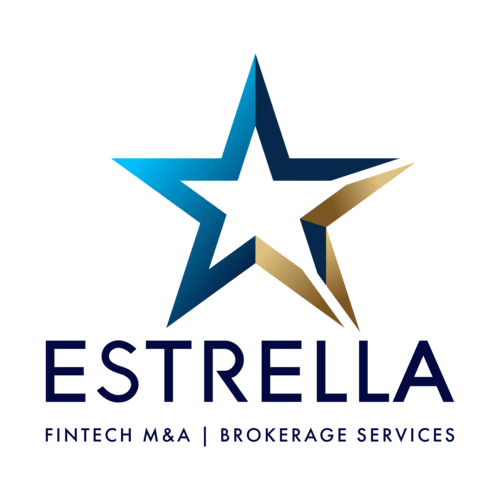As the financial world continues to digitize and evolve, companies dealing with virtual assets face increasingly complex regulatory landscapes. Today’s fintech and crypto businesses are expected to navigate both innovation and compliance simultaneously, particularly through licensing. Two major licenses dominate this space: the Money Services Business (MSB) license and the Virtual Asset Service Provider (VASP) license — the latter of which is transitioning to the more standardized Crypto Asset Service Provider (CASP) designation in the EU.
The MSB license, primarily associated with traditional financial services like money transfers and currency exchange, is regulated by institutions such as the Financial Crimes Enforcement Network (FINCEN) in the U.S. and the Financial Transactions and Reports Analysis Centre of Canada (FINTRAC). Companies obtaining this license must comply with national anti-money laundering (AML) obligations, ensure customer verification, and maintain transaction transparency.
On the other hand, the VASP license — increasingly referred to as CASP under the EU’s new Markets in Crypto-Assets (MiCA) Regulation — is tailored for businesses that operate with digital assets such as cryptocurrencies. Jurisdictions like Dubai, Singapore, and the UK maintain their VASP systems, while the EU aims for a unified CASP framework that includes stricter compliance and definitions, especially around stablecoins and utility tokens.
The differences between MSB and CASP licenses are significant. While MSBs generally handle fiat currencies and operate under relatively lower capital and compliance requirements, CASPs deal with virtual assets and are subject to rigorous Know Your Customer (KYC), cybersecurity, and FATF Travel Rule obligations. CASPs also require detailed business plans, audited financials, and robust internal controls.
The choice of jurisdiction also plays a critical role. Canada stands out for its clarity and accessibility in MSB licensing. Meanwhile, Poland and the Czech Republic offer fast, cost-effective CASP registration within the EU, without requiring local residency or physical office space. Mauritius is also emerging as a favorable destination with progressive VASP regulations.
For businesses aiming to stay ahead in the digital finance sector, selecting the right license and jurisdiction is key to legal operation, global scalability, and client trust. Fintech Harbor Consulting offers tailored guidance throughout this process, helping companies align their operations with the evolving regulatory demands of digital finance.

